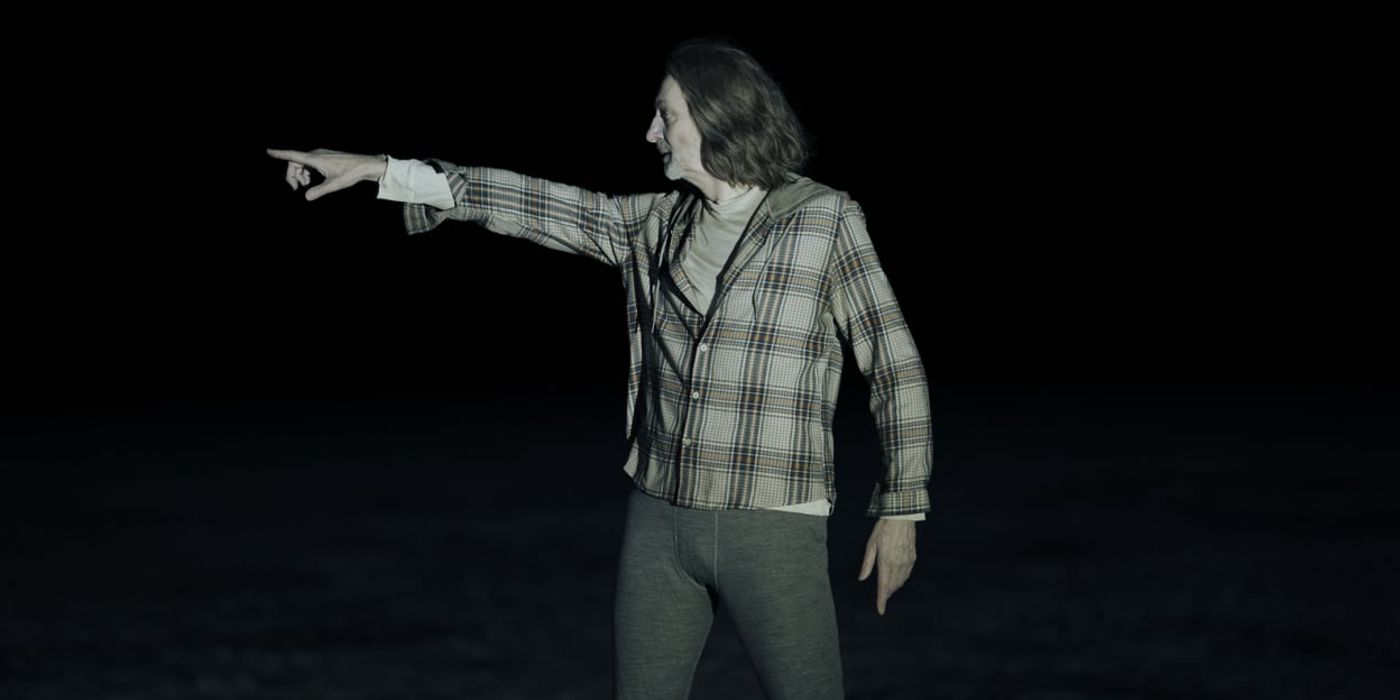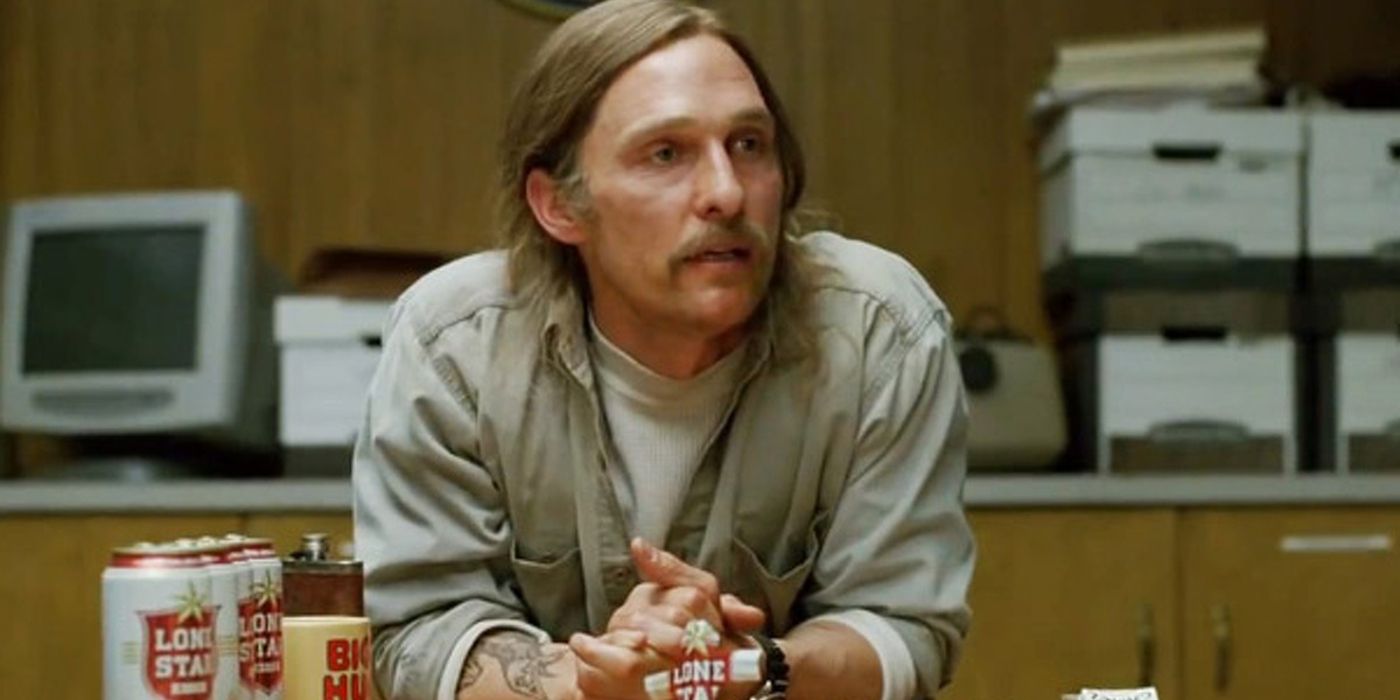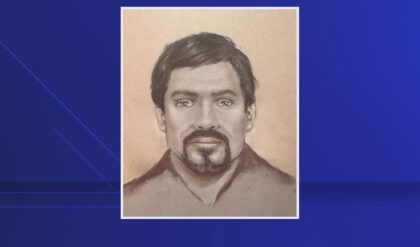True Detective: Night Country introduced Travis Cohle, the father of Rust Cohle from season 1, but didn’t do much with it. That was for the best.
True Detective: Night Country’s connection to Matthew McConaughey’s Rust Cohle was never fully addressed, but ultimately it was for the best. Night Country was, like all previous iterations of HBO’s anthology show, largely standalone. There was no strong story continuity, nor a place for McConaughey or Woody Harrelson among True Detective season 4’s cast.
However, there were clear references designed to, at the very least, confirm they took place in the same world. That meant spiral patterns, mentions of the Tuttles, Travis Cohle being Rust’s father, and even a repeat of the line “time is a flat circle.” Still, True Detective: Night Country’s ending more or less stuck to its own story. For it and for season 1, that worked out for the best.
Travis Being Rust Cohle’s Father Was Never Addressed In True Detective: Night Country

Travis Cohle only appeared once in the present day timeline of True Detective: Night Country, and that was back in episode 1. His name wasn’t revealed until episode 2, which also coincided with what would be his second and final appearance in the show: a flashback to him and Rose Aguineau in bed together, at some point prior to his death. Travis wasn’t just missing from the final four episodes, but wasn’t even mentioned at all.
So why, exactly, was Rust Cohle’s father part of this story? It serves as connective tissue to the past, establishing the shared universe of the shows, and taking advantage of Night Country’s Alaska setting (Rust had referenced living in Alaska with his father back in True Detective season 1). It had initially seemed like there would be more to it, especially as the Ennis case ostensibly had links to the one Rust and Marty Hart investigated (the spirals, the Tuttles), but that wasn’t to be. Showrunner Issa Lopez explained Rust Cohle’s father being in Night Country, saying:
“It seemed silly to me that I’d set this show in Alaska, which I’m saying is the same universe [as True Detective season one], and not have Travis Cohle. The effort was not to cram every reference to the first season I could, it was just an effort to be consistent with the universe.”
It Was Better For True Detective That Rust Cohle’s Father Wasn’t Important
 On the whole, it’s better that Travis being Rust Cohle’s father didn’t go beyond simply confirming that surname. Yes, there are problems with that approach: why did Travis only appear to Rose once, and not help with anything else? Why mention it at all, knowing it’d create a greater expectation of more connections to come? Why did True Detective season 1 say no one in that Alaska town had seen Travis Cohle for 30 years? But since the show did do it, then the way it landed was the right call.
On the whole, it’s better that Travis being Rust Cohle’s father didn’t go beyond simply confirming that surname. Yes, there are problems with that approach: why did Travis only appear to Rose once, and not help with anything else? Why mention it at all, knowing it’d create a greater expectation of more connections to come? Why did True Detective season 1 say no one in that Alaska town had seen Travis Cohle for 30 years? But since the show did do it, then the way it landed was the right call.
The reference to Travis Cohle was, despite issues, a fun nod that made Night Country feel part of something bigger. Keeping it at that level was then important, as it avoided two possible pitfalls. Firstly, it meant it didn’t retcon True Detective season 1’s ending or change too much of Rust’s story (beyond the suggestion he might – like Rose – have been able to communicate with Travis’ spirit). Given Night Country’s divisive finale, it’s probably for the best it didn’t intrude to much on that first season in the end.
Time may be a flat circle, but it was for the best it didn’t come back around to Rust.
Secondly, it was to the benefit of True Detective: Night Country. Had the show tried to explain more of Travis – discussing his backstory in detail, and his connection to Rust – there’s a huge risk of overshadowing the story. McConaughey’s Rust is the franchise’s most recognizable character, and could quickly take away the focus from Liz Dancers and Evangeline Navarro without even appearing. The initial reference flirted with that danger anyway, but by pulling back it was at least able to refocus on its core mysteries. Time may be a flat circle, but it was for the best it didn’t come back around to Rust.




